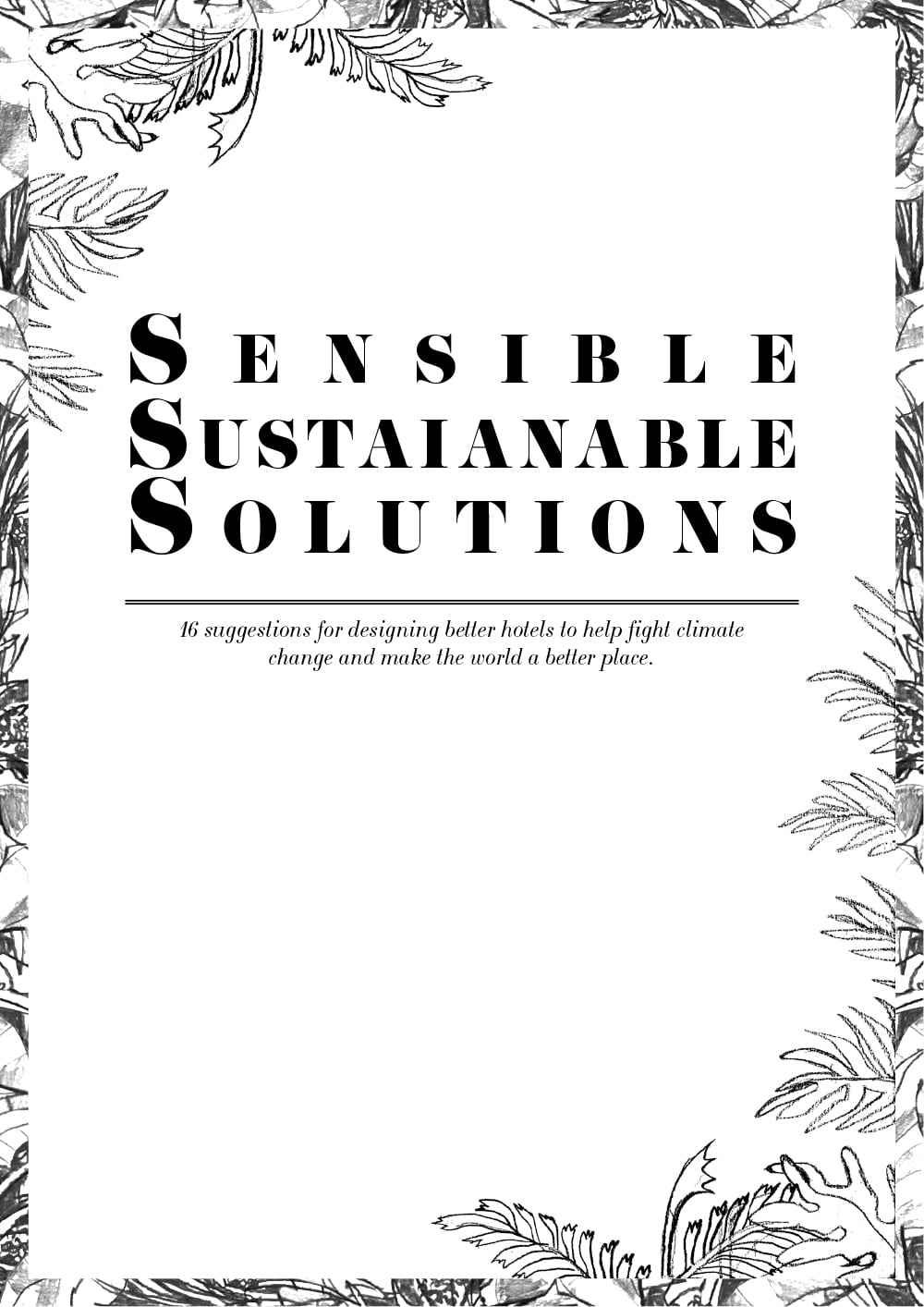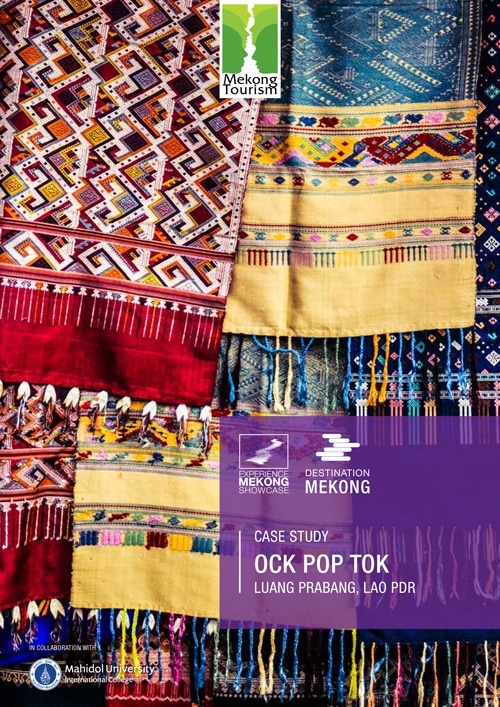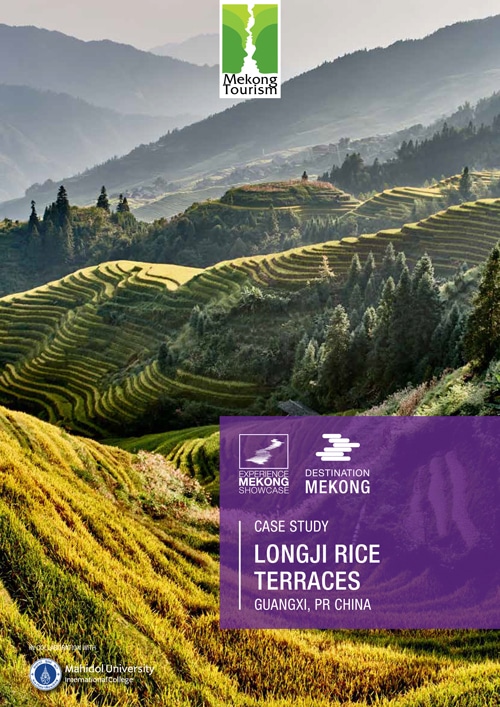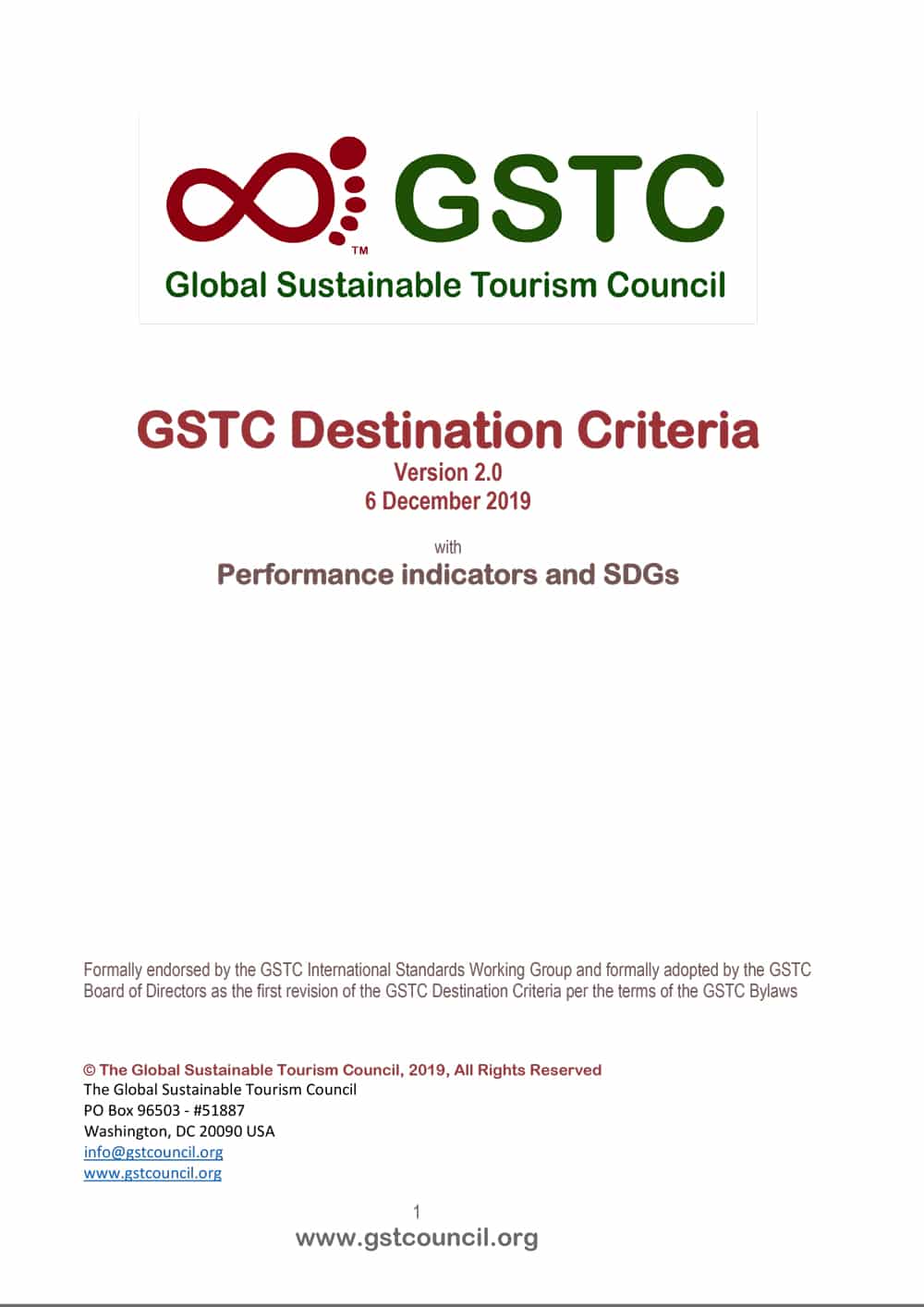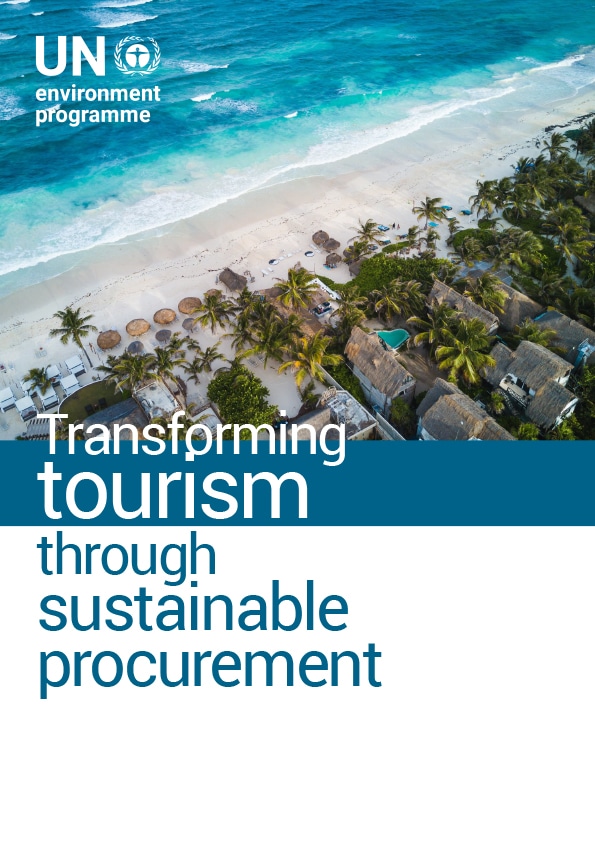Hla Day collaborates
with Myanmar artisans, disadvantaged groups and small
businesses to design, develop and sell handmade-
Myanmar products. Hla Day aims to capture unique
flavors of the Myanmar design by improvising traditional
skills and sourcing all the materials locally.
One Planet Vision for a Responsible Recovery of the Tourism Sector
The One Planet Vision for a Responsible Recovery of the Tourism Sector builds on the UNWTO Global Guidelines to Restart Tourism released by the Global Tourism Crisis Committee on 28 May 2020 with the objective to support tourism to emerge stronger and more sustainable from the COVID-19 crisis. The vision is shared by the members of the One Planet Sustainable Tourism Programme
and partner organizations.
Yindii introduces eco-friendly food app
Sensible Sustainable Solutions
Luxury is DEAD. There is no point in designing lavish hotels just to put heads on beds – every hospitality project should have a purpose and a candle to light. We in hospitality – designers, owners or operators – have the superpower of reaching thousands of people. We should shoulder more responsibility concerning issues like education, clean accessible water, alternative energy, energy consumption, food waste, wildlife protection, and conservation. The big hotel companies are part of nature and society too, not just economy. Here are some ideas of how to do something real…
Continue readingCase Study Ock Pop Tok
The Longji rice terraces have a long history since the beginning of the construction during the Yuan Dynasty (1271-1368) and it was completed in the early Qing Dynasty (1644-1911), with a constructing history of over 800 years. The fascinating rice terraces cover 66 square kilometres of the Longsheng county’s mountain, with the altitude from 300 meters to 1100 metres (Travel China Guide, n.d.). Longji rice terraces have been listed as one of the Globally Important Agricultural Heritage Systems (GIAHS).
Continue readingCase Study Longji Rice Terraces
The Longji rice terraces have a long history since the beginning of the construction during the Yuan Dynasty (1271-1368) and it was completed in the early Qing Dynasty (1644-1911), with a constructing history of over 800 years. The fascinating rice terraces cover 66 square kilometres of the Longsheng county’s mountain, with the altitude from 300 meters to 1100 metres (Travel China Guide, n.d.). Longji rice terraces have been listed as one of the Globally Important Agricultural Heritage Systems (GIAHS).
Continue readingGSTC Destination Criteria
The Global Sustainable Tourism Council (GSTC) Criteria were created to provide a common understanding of sustainable tourism. The GSTC Destinations Criteria – known informally also as “GSTC-D” — are the minimum that any tourism destination should aspire to reach. They are organized around four main themes: sustainable management; socio-economic impacts; cultural impacts; and environmental impacts. They have applicability to the entire tourism sector.
Continue readingTransforming tourism through sustainable procurement
Globally, the tourism industry already accounts for an average of 9 per cent of nations’ gross domestic product (GDP), and its importance is bound to increase even more. The United Nations World Tourism Organization projects international tourist arrivals to increase from 1.1 billion in 2014 to 1.8 billion in 2030. For many developing countries tourism is a key pillar of national development contributing to growth, employment, investment as well as technology dissemination. In many small island developing states (SIDS), it accounts for up to 25 to 60% of national GDP.
Continue reading



